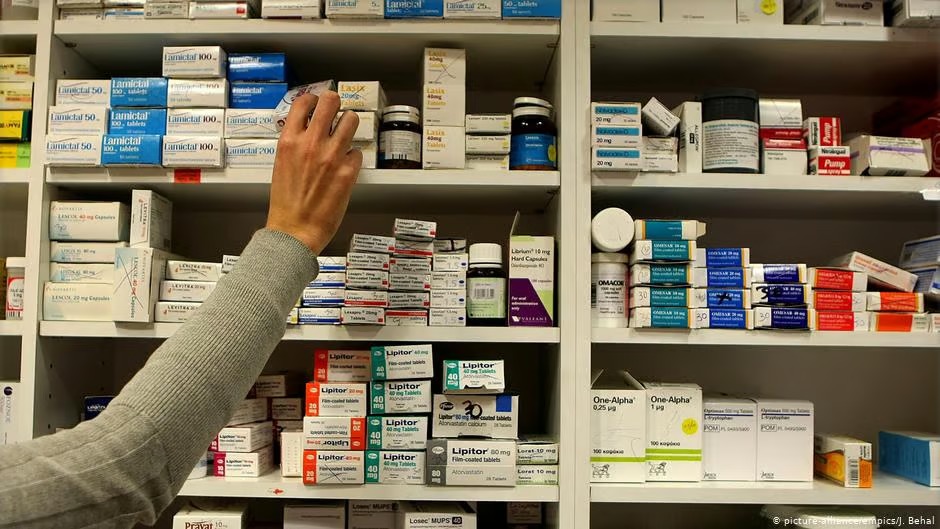A new report says that antibiotics used to treat common childhood infections in children and babies are losing their effectiveness in many parts of the world, including India, due to high rates of antibiotic resistance.
According to the new research, many antibiotics recommended by the World Health Organization (WHO) are less than 50% effective in treating childhood infections such as pneumonia, sepsis (bloodstream infections), and meningitis.
The most seriously affected regions are in Southeast Asia and the Pacific, where thousands of unnecessary deaths in children resulting from antibiotic resistance occur each year, the researchers said.
The study published in The Lancet regional Health-Southeast Asia journal has revealed “alarmingly high rates of resistance to commonly prescribed empirical therapies for neonatal and paediatric sepsis and meningitis in the Asia-Pacific region.”
“This study reveals important problems regarding the availability of effective antibiotics to treat serious infections in children,” said senior author Paul Turner, director of the Cambodia Oxford Medical Research Unit at Angkor Hospital for Children, and professor of paediatric microbiology at the University of Oxford, UK.
“Antibiotic resistance is rising more rapidly than we realize,” said study lead author Phoebe Williams from the University of Sydney.
“We urgently need new solutions to stop invasive multidrug-resistant infections and the needless deaths of thousands of children each year,” Williams added.














